With the Gary Lineker resignation dominating the BBC’s own news agenda, is it time for the corporation to follow the football presenter’s example and call it a day?
Is the organisation past its sell-by date in a modern world where so many alternatives are available for us to choose whether we want to pay for them?
The annual licence fee of £174.50 is a compulsory poll tax on the population and sadly I suspect my old employer is no longer trusted by, or relevant to, many folk in the 21st century.
If it thinks it is, let’s see it stand on its own two feet and survive as most TV, radio, and print organisations do based on raising income through advertising and other revenue.
The opulent lifestyles of many high-profile stars at the BBC come courtesy of a licence fee, which threatens us with imprisonment if we don’t pay it.
Imagine facing that sanction for not buying The Courier.
Now some of you might well think that I should do a spell at Her Majesty’s pleasure for my columns, but no one is threatening you with 30 days in the nick if you don’t stump up to read my musings.
BBC scandal
Compulsion should play no part in whether you decide to buy a news and entertainment service.
Lineker is entitled to air his views on Palestine and anything else he cares to espouse, but as a high-profile sports presenter at an organisation funded by a compulsory tax, he should have been mindful that his position allowed him an influence denied to the vast majority.
He shouldn’t have had the luxury of resignation.
He should have been informed long ago by the incompetent BBC management that his only job was to present the football show which he was extremely well paid to front.
And that if he wanted to offer his opinions on the state of the world or the price of coffee, he was welcome to do so – but not while being so closely linked with a supposedly impartial and objective broadcasting company funded from our pockets.
The corporation in the distant past enjoyed a prestige which very few organisations have achieved.
But scandals like Jimmy Savile and Huw Edwards have holed it below the water line, and it feels like it’s circling the drain in a whirlpool of its own making.
‘Platoon of pompous, over-paid drones’
Increasingly the BBC’s survival isn’t just about the self-indulgent witterings of a multi-millionaire ex-football player who is paid around £1.3m a year by the corporation.
There’s been an increasingly obvious capture of the immensely powerful, supposedly objective organisation, by a succession of Oxford and Cambridge-type clones.
It seems to be increasingly run by and for a platoon of pompous, progressive, over-paid, over-opinionated drones, permitted a platform – at our expense – to pontificate and pronounce on our screens, radios, and online.
Between a seemingly never-ending procession of penguin and orca documentaries, and vacuous talking-head radio and TV presenters like Lineker, the Beeb has fallen into the hands of an out-of-touch cabal of careerists who live very handsomely from the imposed poll tax of the licence fee.
Don’t pay, go directly to jail is an anachronism in the 21st century.
You don’t appear in court for not subscribing to Sky or Netflix but fail to stump up for the licence fee and menacing letters are posted through your letterbox.
Worst case scenario? You can end up replicating one of the BBC’s all-time favourite comedies – Porridge.
‘Let Auntie make her own way’
It seems though that an increasing number of young folk – whose viewing, listening, and online habits are very different from the generations which stumped up the fee – are refusing to cough up.
They don’t use BBC services so they ask themselves why they should pay for something which they don’t watch, listen to or read.
The Beeb has also damaged local newspapers with its online services which don’t require advertising revenue and have had a serious impact on local publications, many of which have closed or cut staff numbers.
It saddens me to say it because the BBC still produces occasionally fine television and radio output.
But it has lost the trust of too many people to be allowed to continue to impose a tax on us for the increasingly dubious privilege of watching, listening to or reading it.
Maybe it’s time to cut the purse strings and let Auntie make her own way in an unsubsidised world.

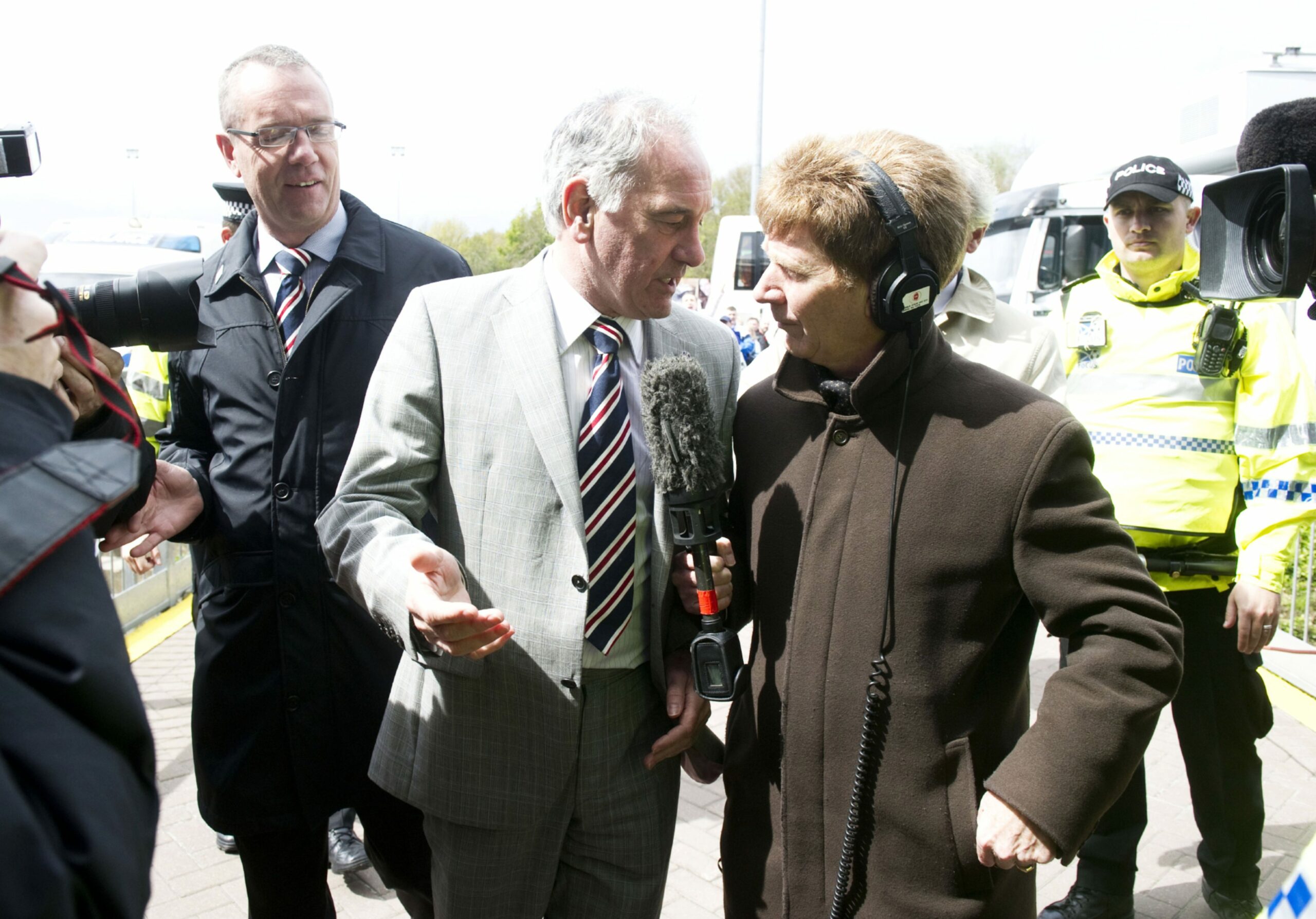
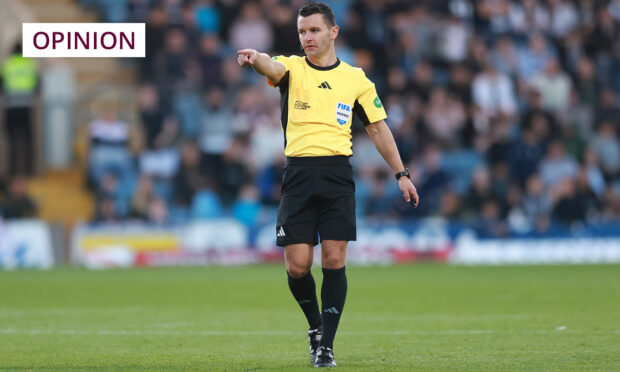
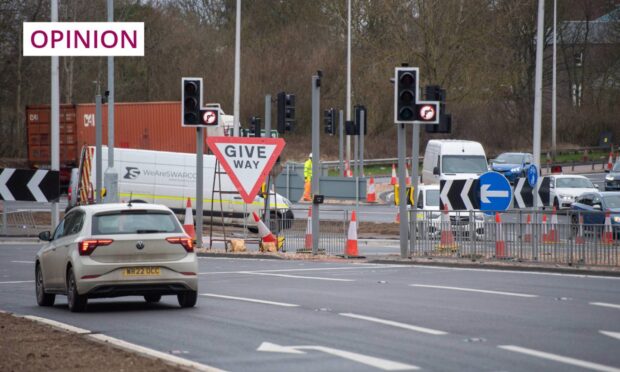
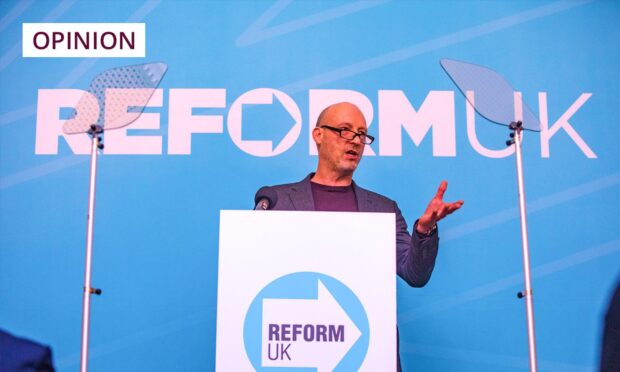


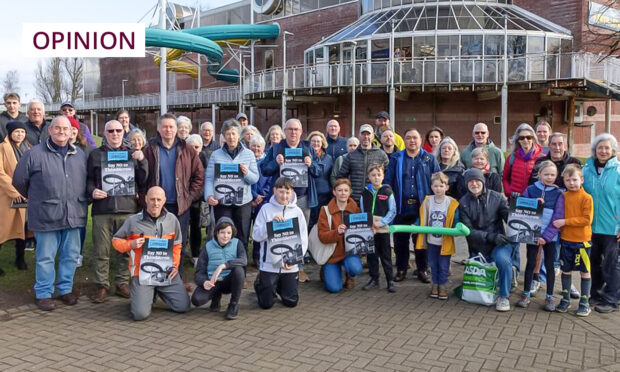
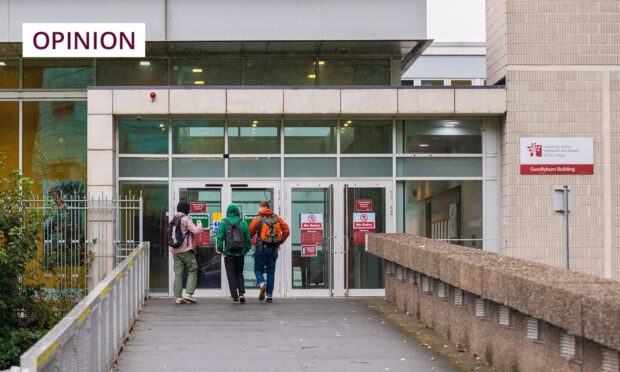

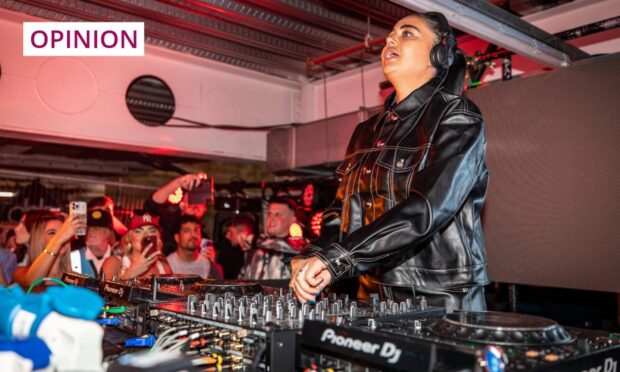

Conversation